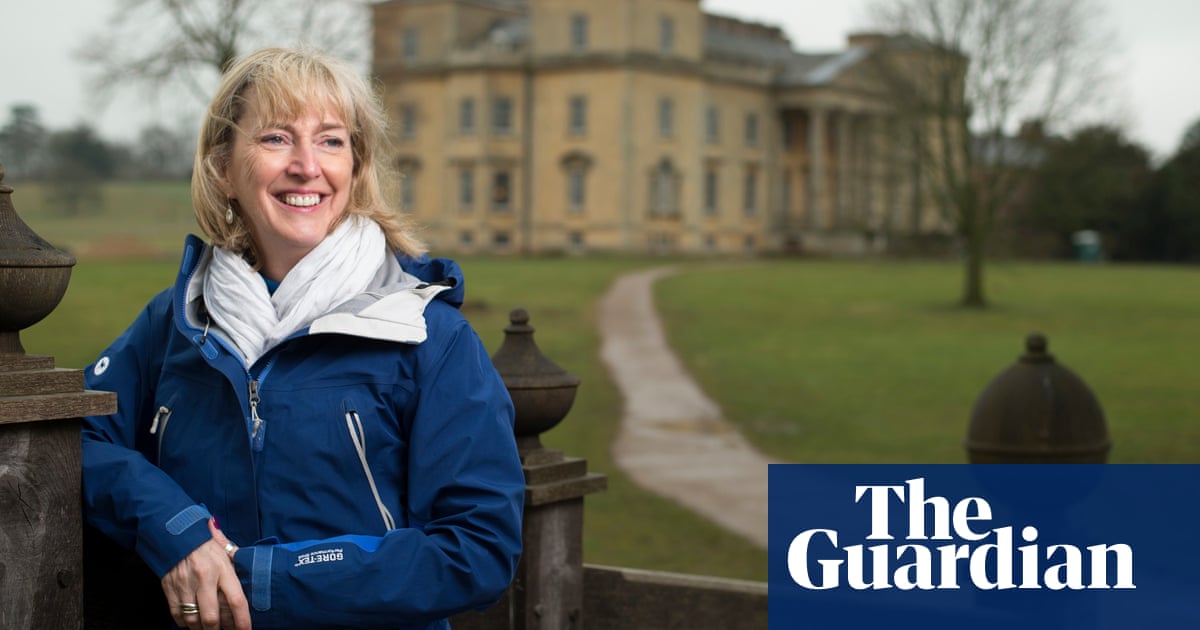
Torn between moves to reckon with difficult truths about its properties’ colonial past and those who view the process as a politicised assault on heritage, the National Trust (NT) has been embroiled for months in its own “culture war”.
Now, after the debate has largely played out on social media and in the press, those divisions are set to spill over at the charity’s annual general meeting (AGM) this month.
An insurgent group called Restore Trust is waging a campaign against perceived “wokeness” and will try to establish a beachhead for control of NT’s 36-seat governing council by putting forward a slate of candidates to fill six vacancies.
Supported by Conservative MPs including the head of the Common Sense Group of backbenchers, and using hashtags such as #empirestrikesback, Restore Trust presents itself as a grassroots movement of more than 6,100 current and former NT members, out of a total of more than 5.5 million (though only 0.5% typically vote at AGMs).
Restore Trust was set up after a report the charity published last year showing connections between 93 of its historic places and colonialism and slavery. Since then, NT has run “colonial countryside” themed exhibitions at some properties and amended the labelling on collections. Despite complaints about the report, the Charity Commission ruled this year it did not breach rules.
Restore Trust, which is formulating a strategy ahead of the AGM on 30 October, emailed members in September urging them to vote for six candidates it was endorsing to “steer the national trust back to its core purpose of looking after our heritage and countryside”.
It also rails against cuts and is seeking – through a number of motions – to capitalise on discontent about cuts and the perceived marginalisation of volunteers.
The six include the director of a Christian fundamentalist advocacy group who, in his pitch for votes, accuses the NT leadership of being “obsessed” with “LGBT+ issues”. Another is an existing council member seeking re-election, who says many in the countryside feel NT’s leadership is failing to listen as it implements new policies.
Some connected to NT liken the push by Restore Trust to Brexit, when cultural grievances were allied with economic ones. “While I wouldn’t say they’re exactly the same [as with Brexit], I think what is happening to some degree at the National Trust has a certain sense of trying to preserve a notion of England,” said Raj Pal, a historian and member of the charity who has carried out consultative work for it and contributed to the report on colonialism and slavery.
“It’s a sense of trying to use the National Trust as a temple to a certain level of Englishness of the past uncontaminated, in some people’s eyes, by all this multiculturalism.”
Also among those running for the six council posts are candidates not allied to Restore Trust but who believe NT needs to change, including taking steps to attract visitors more reflective of 21st-century Britain.
Zohir Uddin, who grew up as the child of south Asian immigrants in a deprived London neighbourhood, said his motivation to stand stemmed from a need to promote awareness and accessibility to communities of colour across the UK, in particular from minority-ethnic backgrounds in inner-city areas.
While the 36-member council is not NT’s governing body – a role played by the board of trustees – the council does play a role in appointing those trustees.
However, Restore Trust has also been asking that the council has a “veto” over whoever is appointed as the new chair. NT is seeking a replacement for Tim Parker, who stepped down as chair in May, though it dismissed claims he quit in response to the Restore Trust campaign and opposition from government figures.
About 400 delegates are expected to gather for the AGM in Harrogate, North Yorkshire, on 30 October, though most who vote will do so online or by post. Before then it is hard to gauge whether the challenge from Restore Trust has much traction among members or whether other issues such as long-running divisions over trail-hunting may overshadow it.
If NT records on the numbers of members cancelling subscriptions are anything to go by, however, it appears peaks and troughs of membership corresponded more with the tightening of Covid restrictions and the resulting closure of properties rather than with the publication of the report on colonialism.












